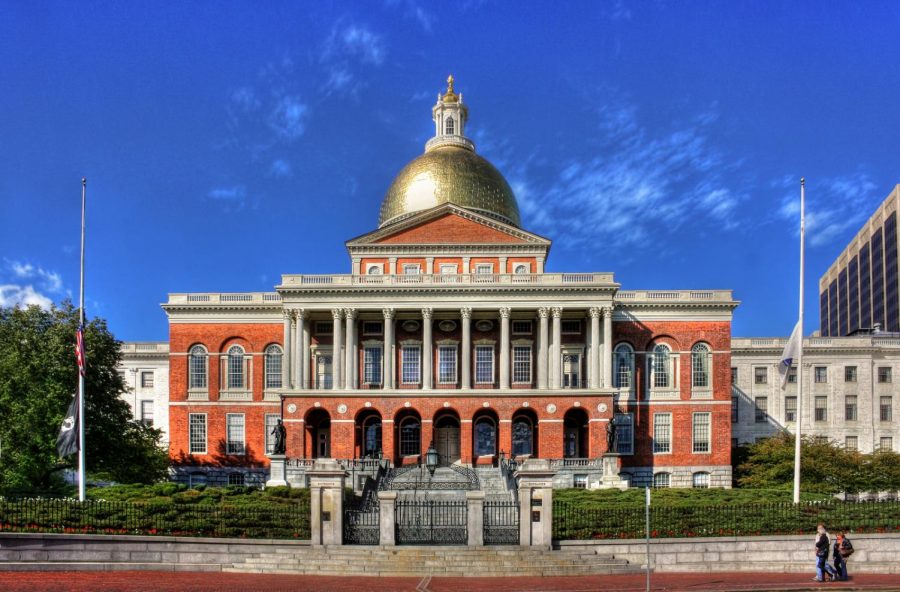While the Commonwealth of Massachusetts has a higher minimum wage than most other states, Raise Up Massachusetts, an organization fighting for better wages, has raised enough support for a 2018 ballot measure that would establish a $15 minimum wage by 2022, with $1 increases per year. The initiative still needs to be approved by the Massachusetts General Court for it to appear on the ballot in November.
Many argue the labor provided by minimum wage earners isn’t worth $15 an hour, or that low-wage workers need to aspire to take home more by getting better jobs. No matter what choices an individual makes about their life, there will always be demand for food service workers, retail staff and other jobs that typically pay the minimum wage. This means that if the minimum wage keeps workers in poverty, it doesn’t matter what aspirations they have, since huge sectors of the service economy will live in squalor for the benefit of the wealthy.
According to the Massachusetts Budget and Policy Center, 29 percent of the workforce in Massachusetts would receive a raise from this initiative. If a politician ran for office in Massachusetts and promised raises for 29 percent of workers, they wouldn’t be taken seriously. Some may believe that the government can’t generate growth, but initiatives like this one can make a difference. The same report found that more than a quarter of children in the Commonwealth live in households where their parents make less than $15 an hour. If Massachusetts voters reject this initiative in 2018, they are condemning most of those children to living in poverty. No parent should work full-time preparing your food, working with your children or selling you lottery tickets and go home at night to children they can’t support. To afford rent for a two-bedroom apartment in Massachusetts, it takes 100 hours per week at $11 an hour. Even if two parents work full-time at that rate, their entire income couldn’t support rent alone – forget child care, health care, groceries, gas and other essentials.
If the minimum wage had grown with increases in productivity over time, it would be over $20 an hour. But it hasn’t; average hourly compensation has stagnated against productivity in general. Average wages have been going up faster with productivity than minimum wage jobs. This relationship illustrates how income inequality in the United States has reached such unhealthy levels that minimum wage, full-time workers are near the poverty line.
If you care about outcomes for the working poor in Massachusetts, this initiative is one of the best ways to make a difference. It won’t just offer 29 percent of workers in Massachusetts a raise; it will set a new benchmark for future wage growth and inspire other states, and possibly the nation, to raise wages. Passing this initiative will take more than just a vote in November. Call your local state representatives, and governor Charlie Baker, and urge them to support this. Massachusetts workers can’t afford another year in poverty while income inequality worsens. Issues like these are the reason why we have a state government, so they need to support this resolution and bring Massachusetts to the national front of wage growth. Massachusetts workers deserve better than starvation wages. The state minimum cannot feed and provide for a single person, let alone a family. If the Commonwealth continues to allow employers to ask so much of workers while paying them a pittance, then it also must accept the consequences of homelessness, poverty, hunger and crime. A wage of $11 an hour isn’t even close to what the people of Massachusetts need. For that matter, $15 isn’t enough either, and waiting until 2022 to incrementally push workers towards a living wage is only the first step.
William Keve is a Collegian columnist and can be reached at [email protected].




















NITZAKHON • Feb 26, 2018 at 10:04 am
Increase the minimum wage.
Businesses automate or shed jobs.
Liberals mystified.